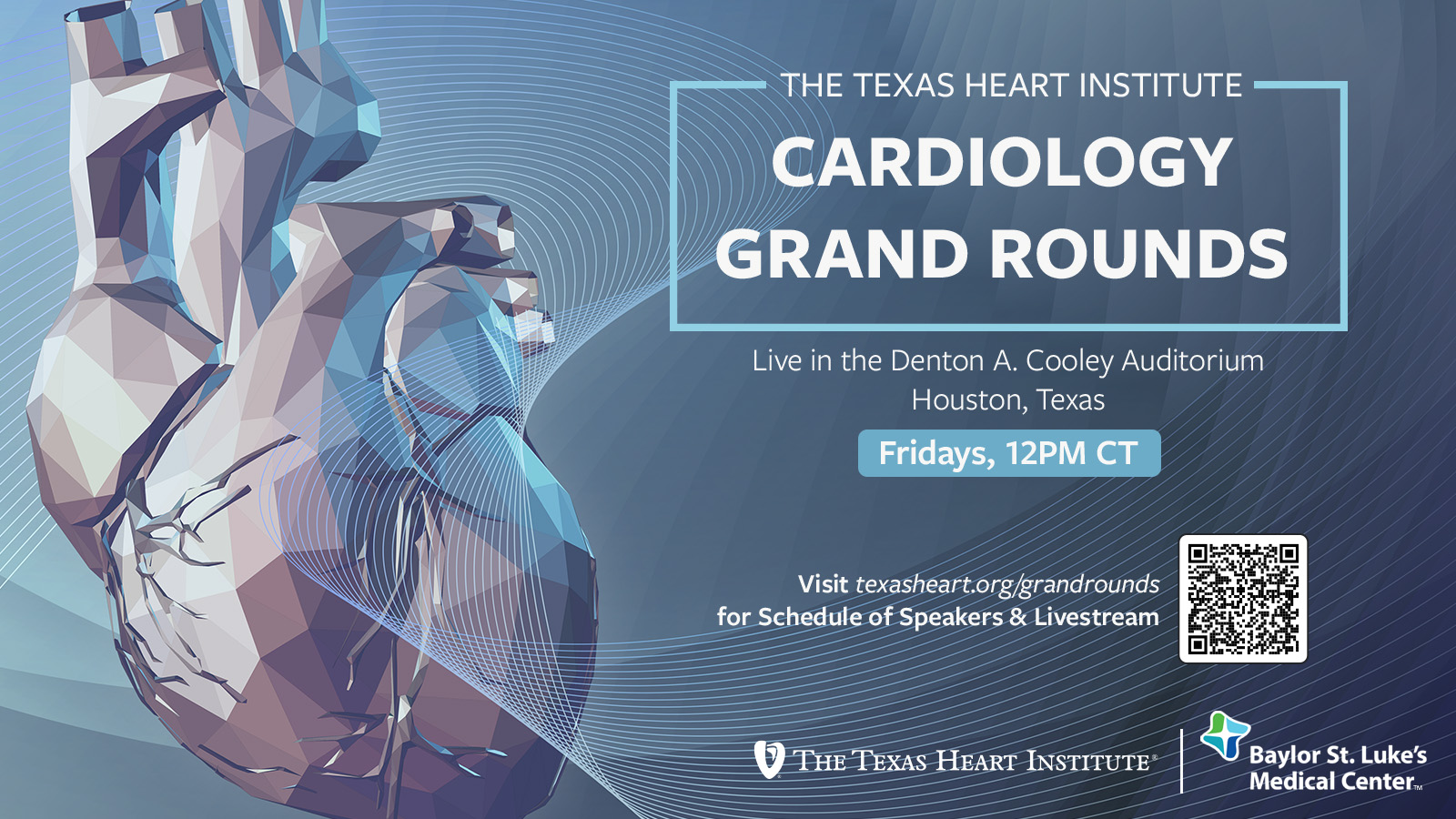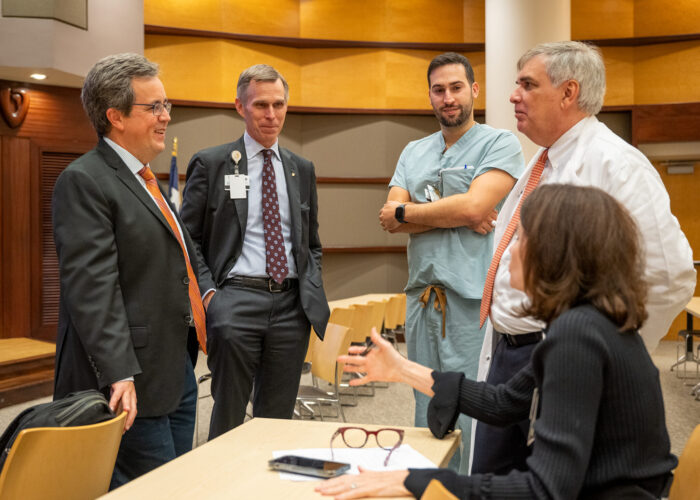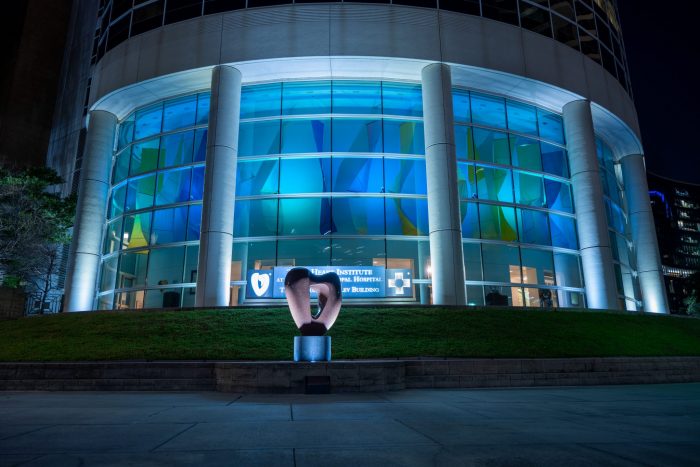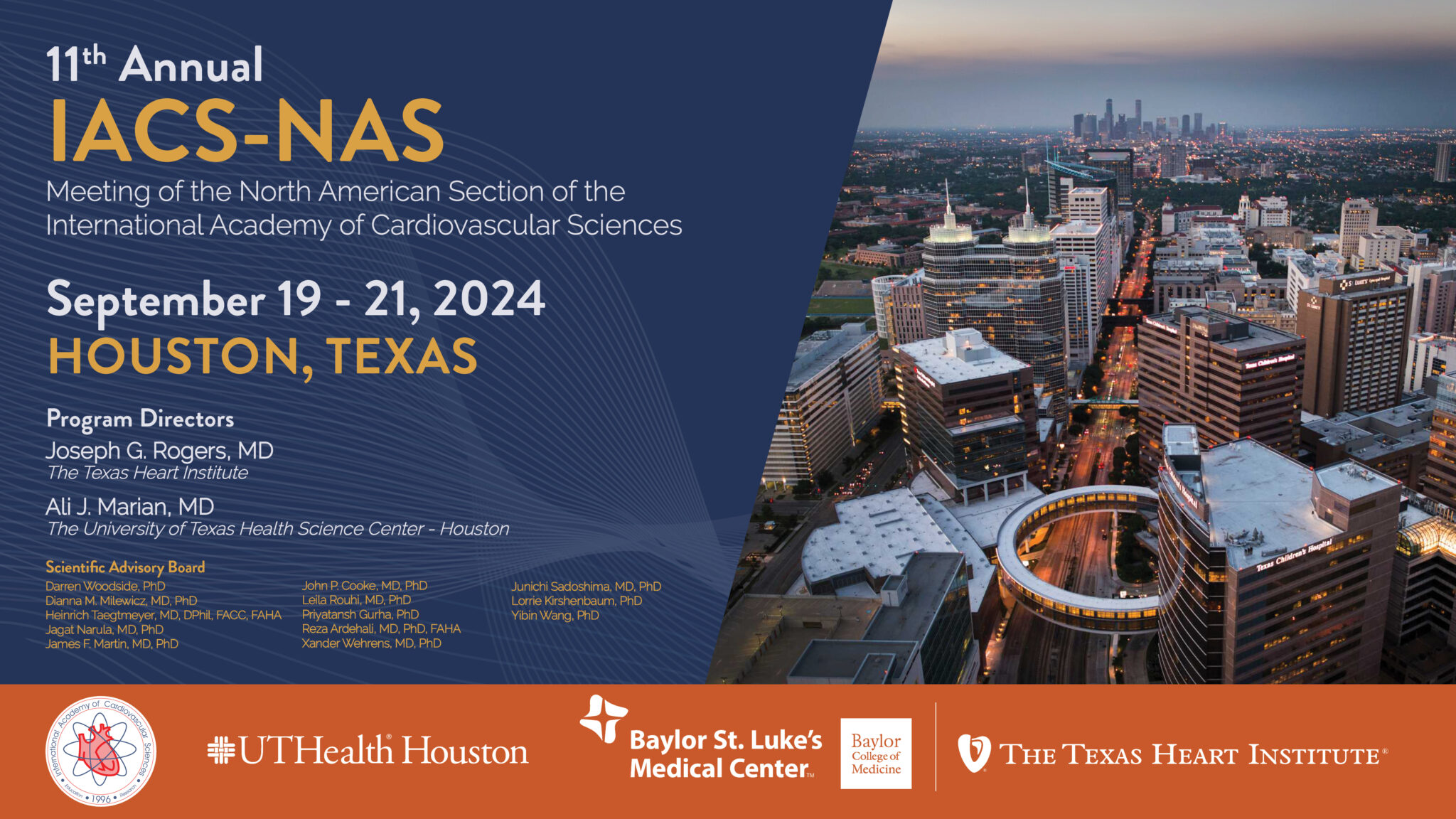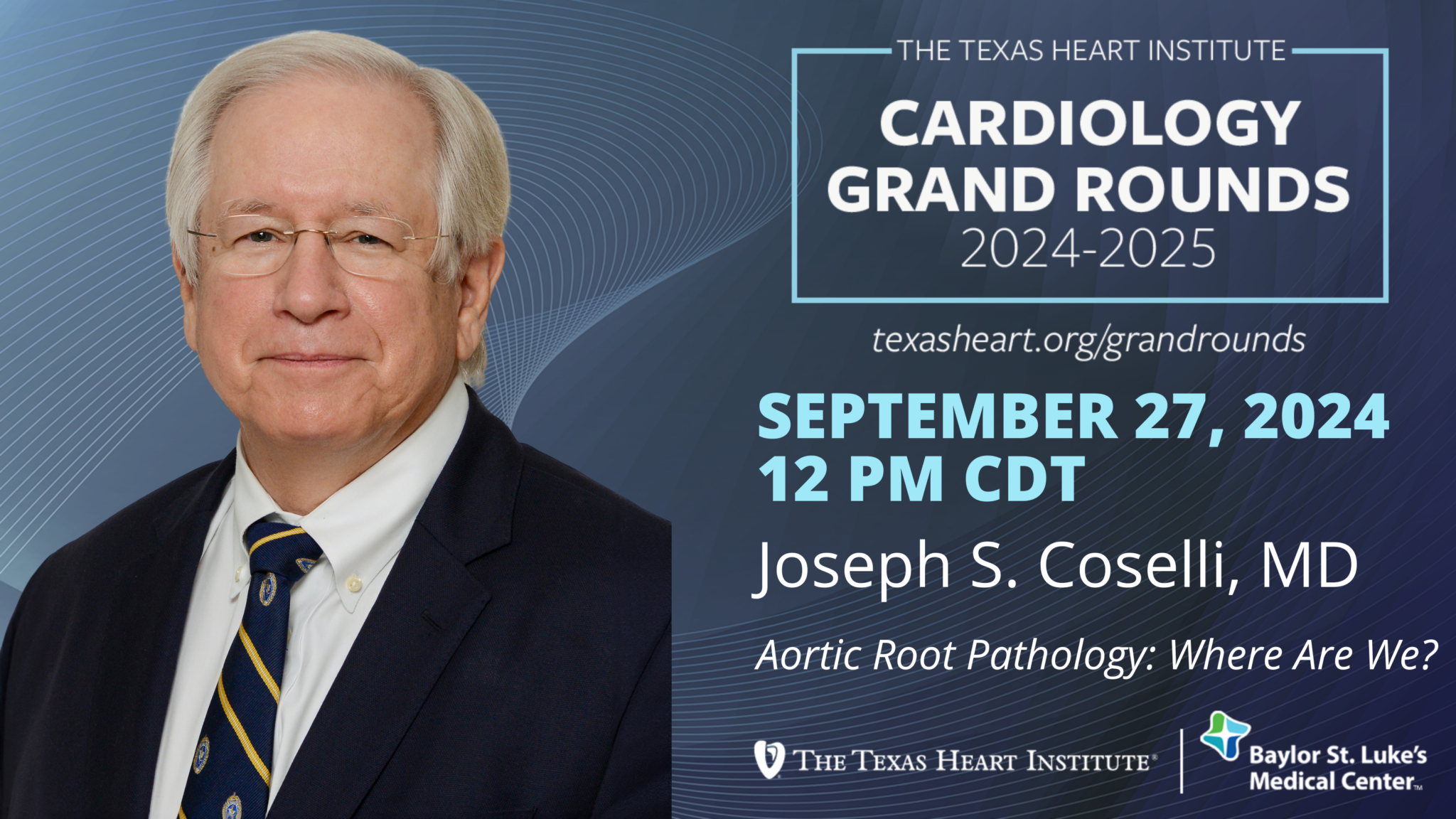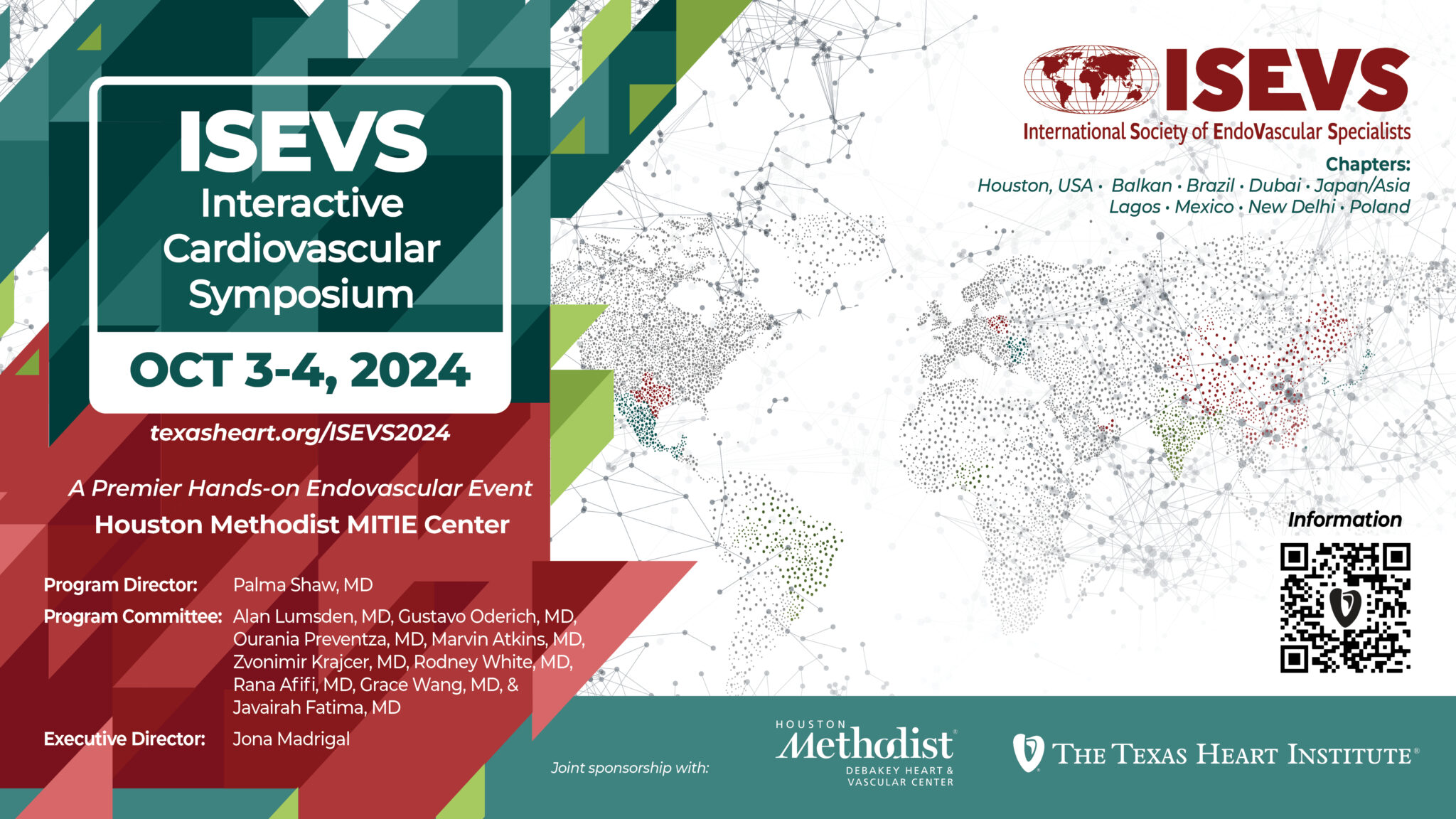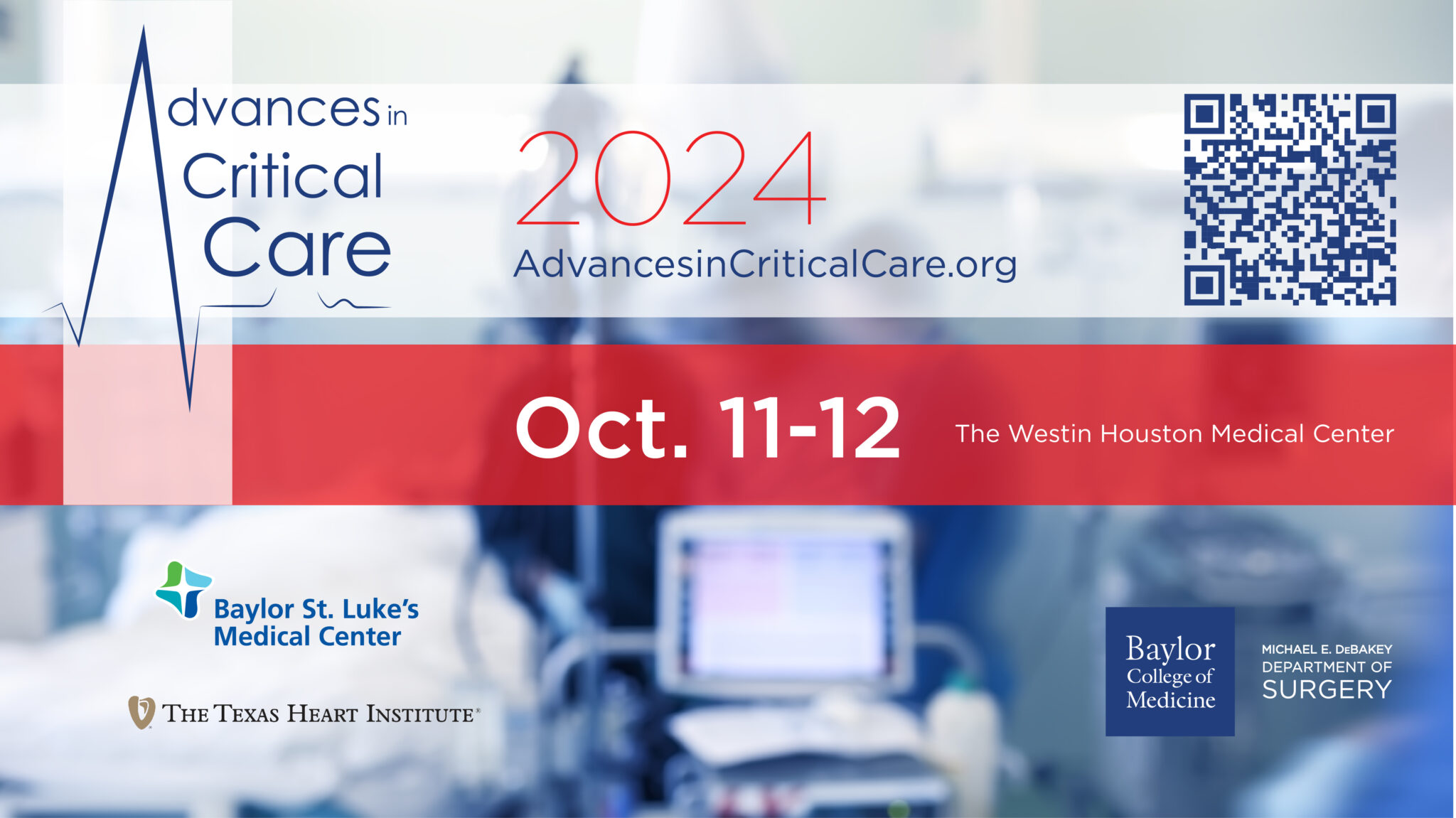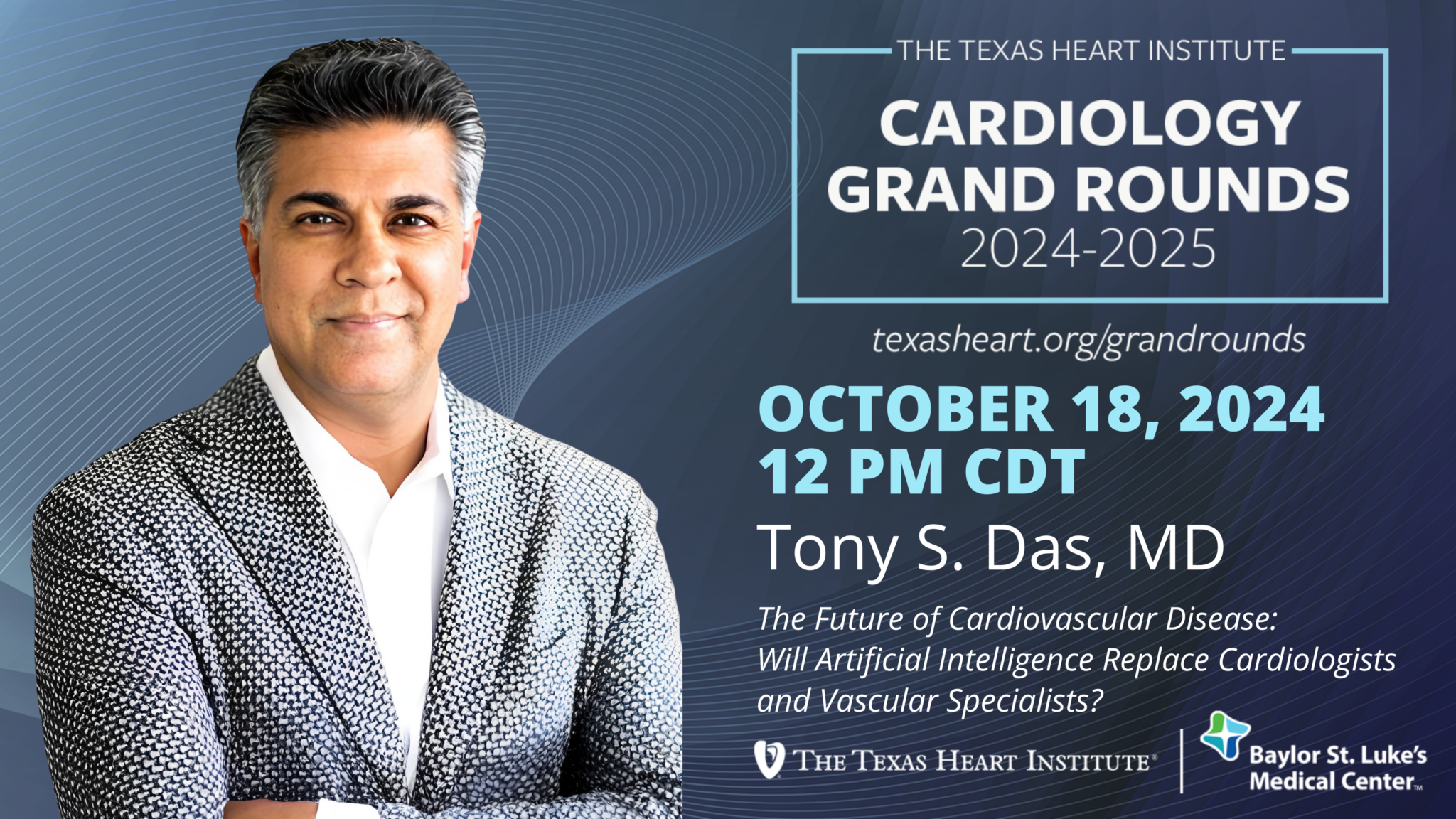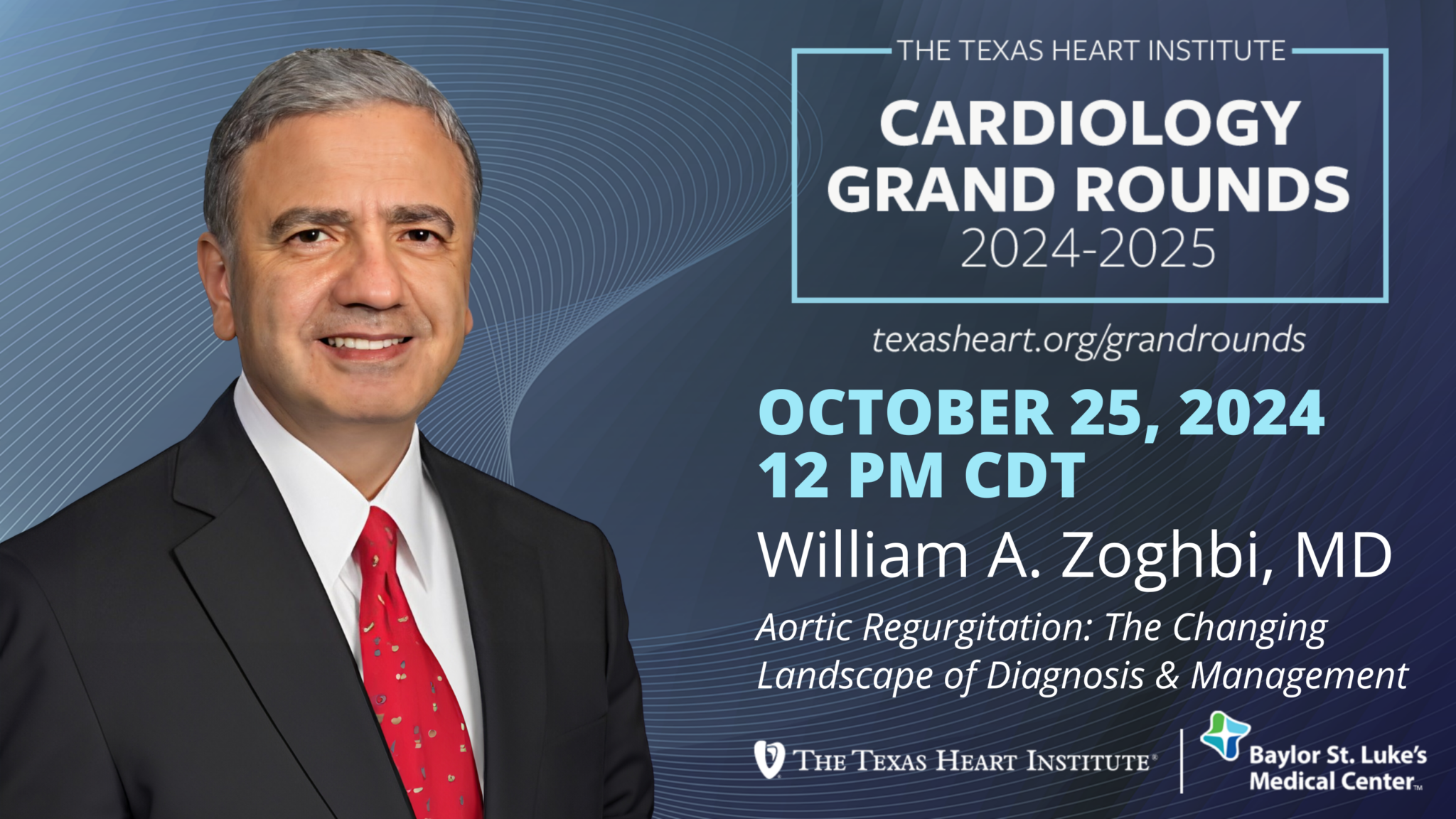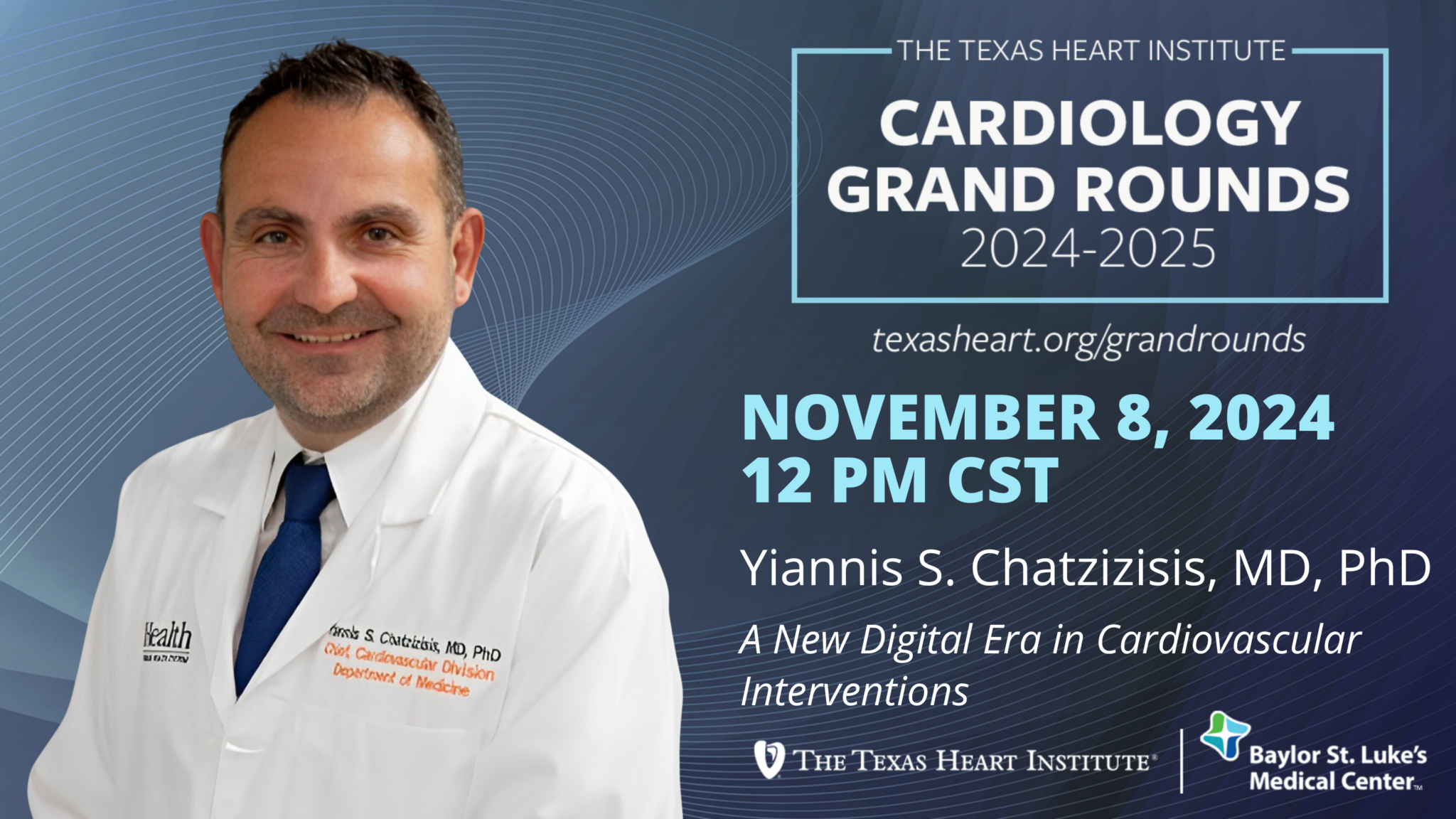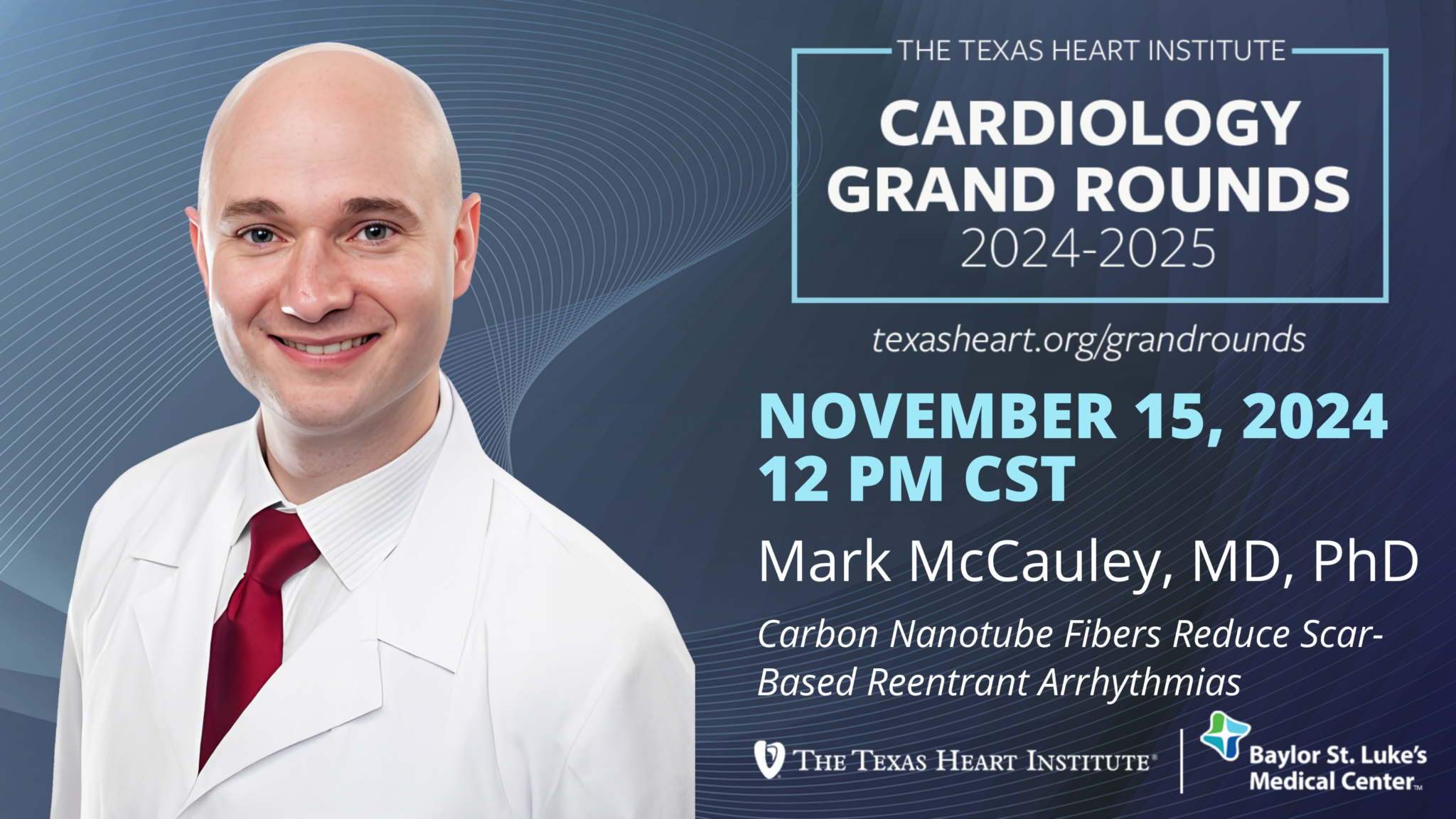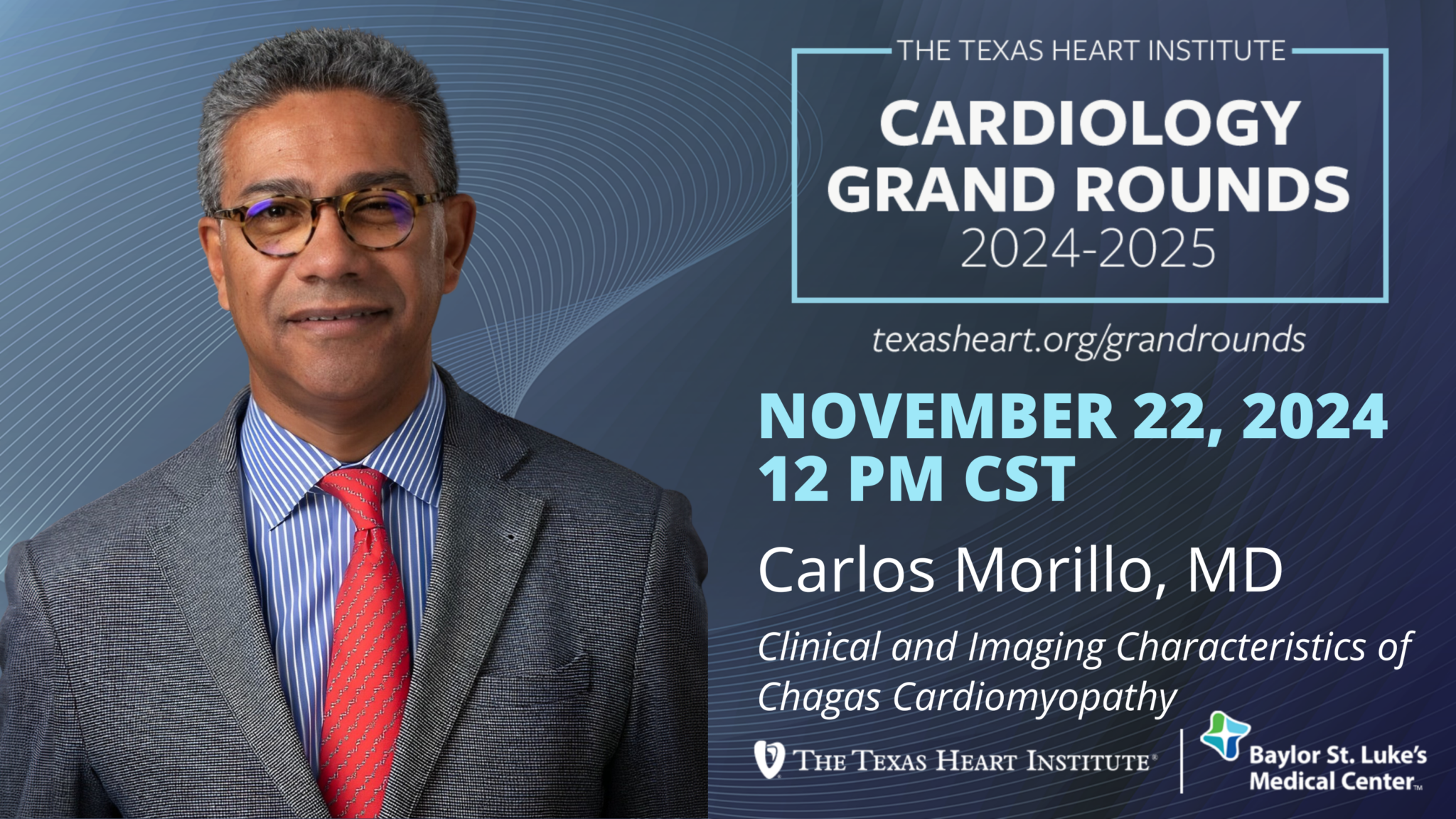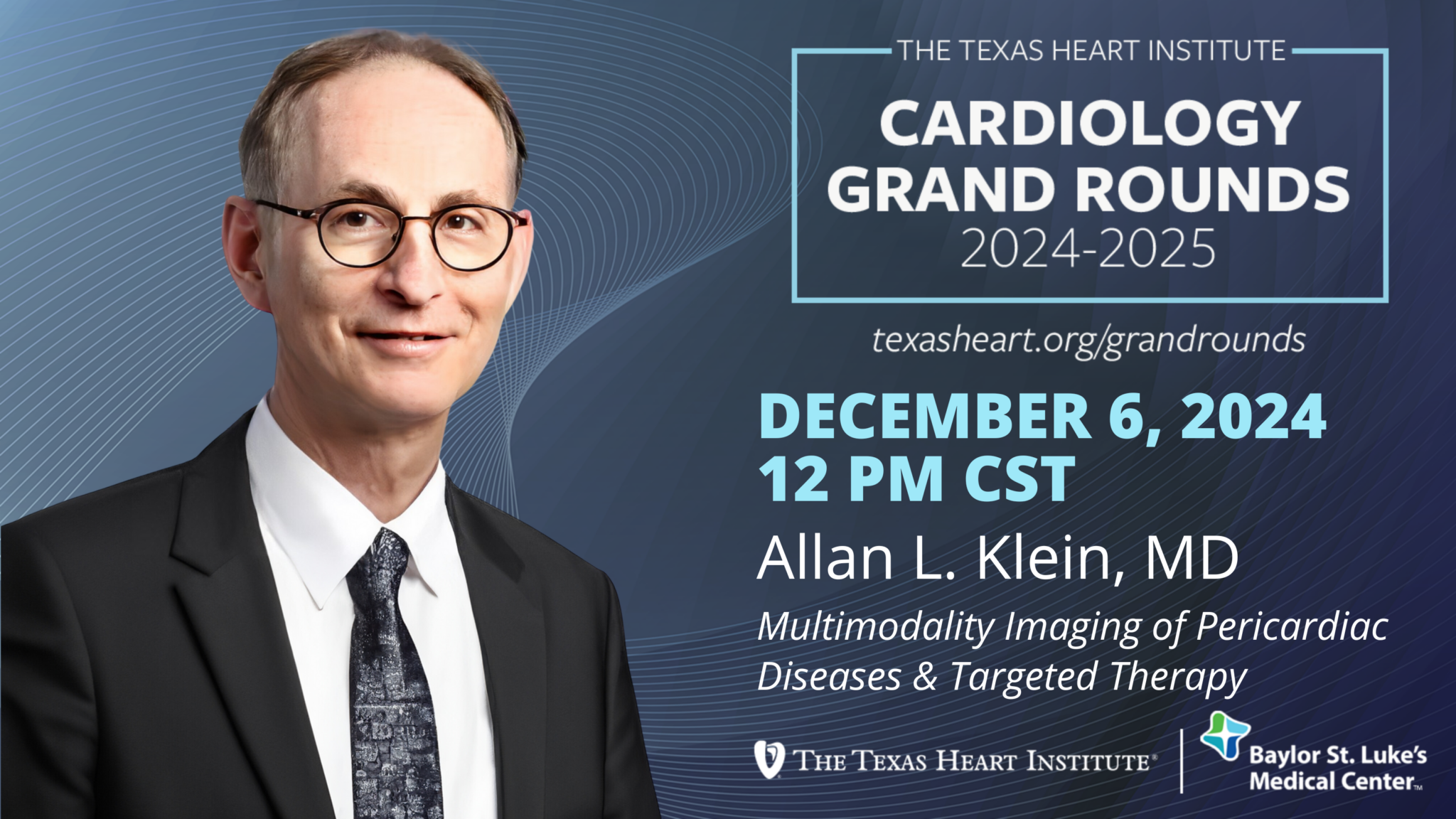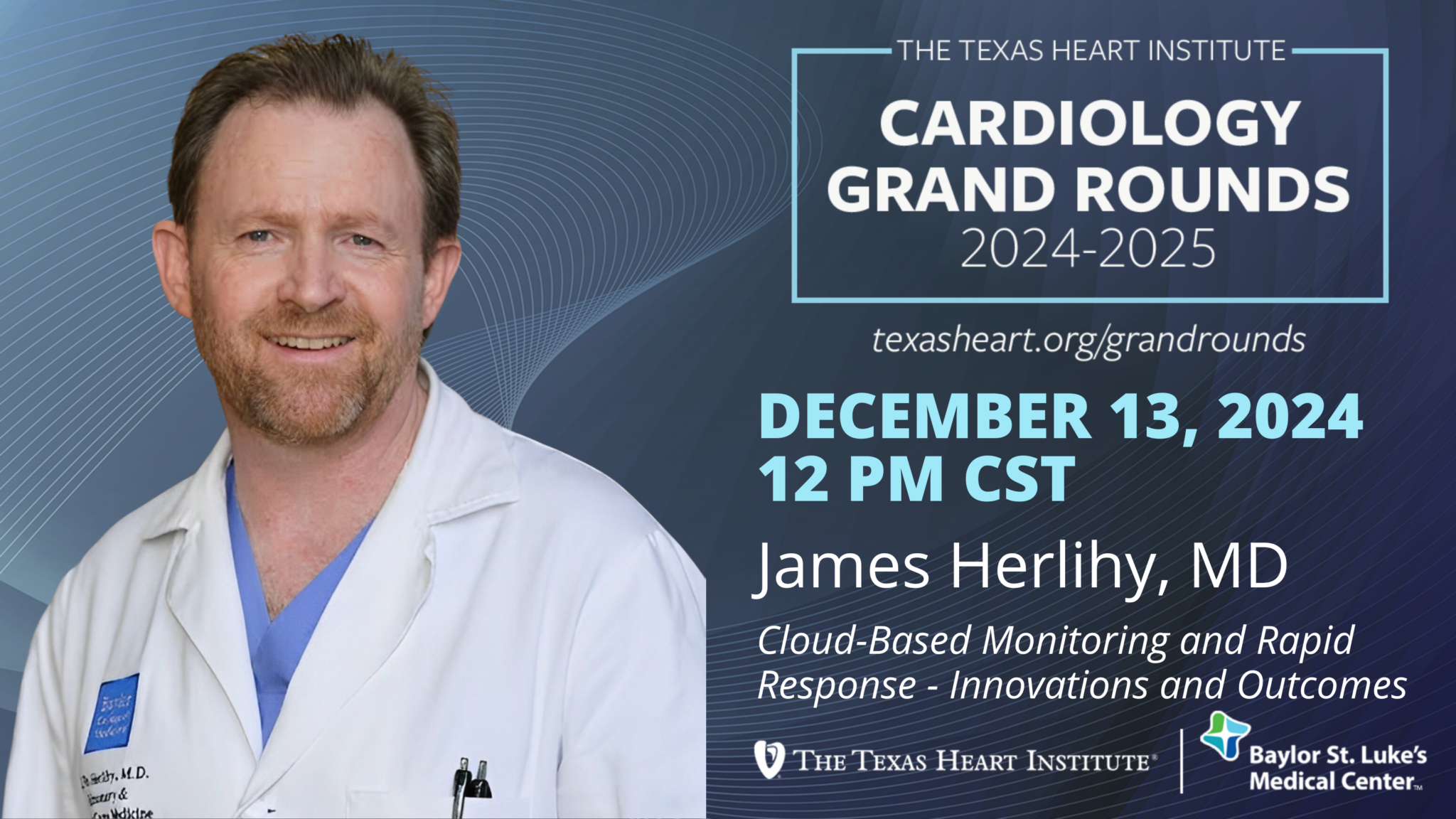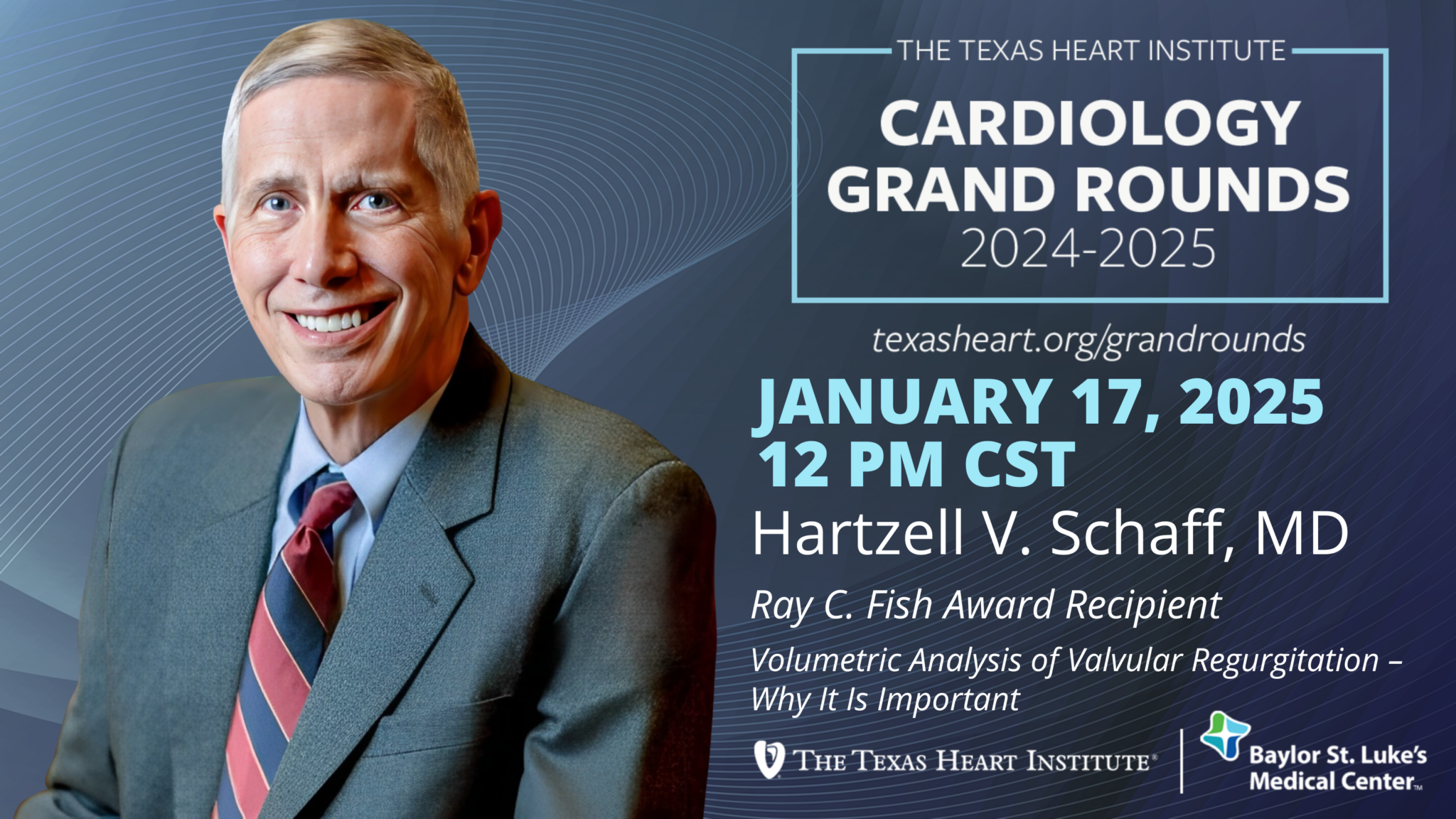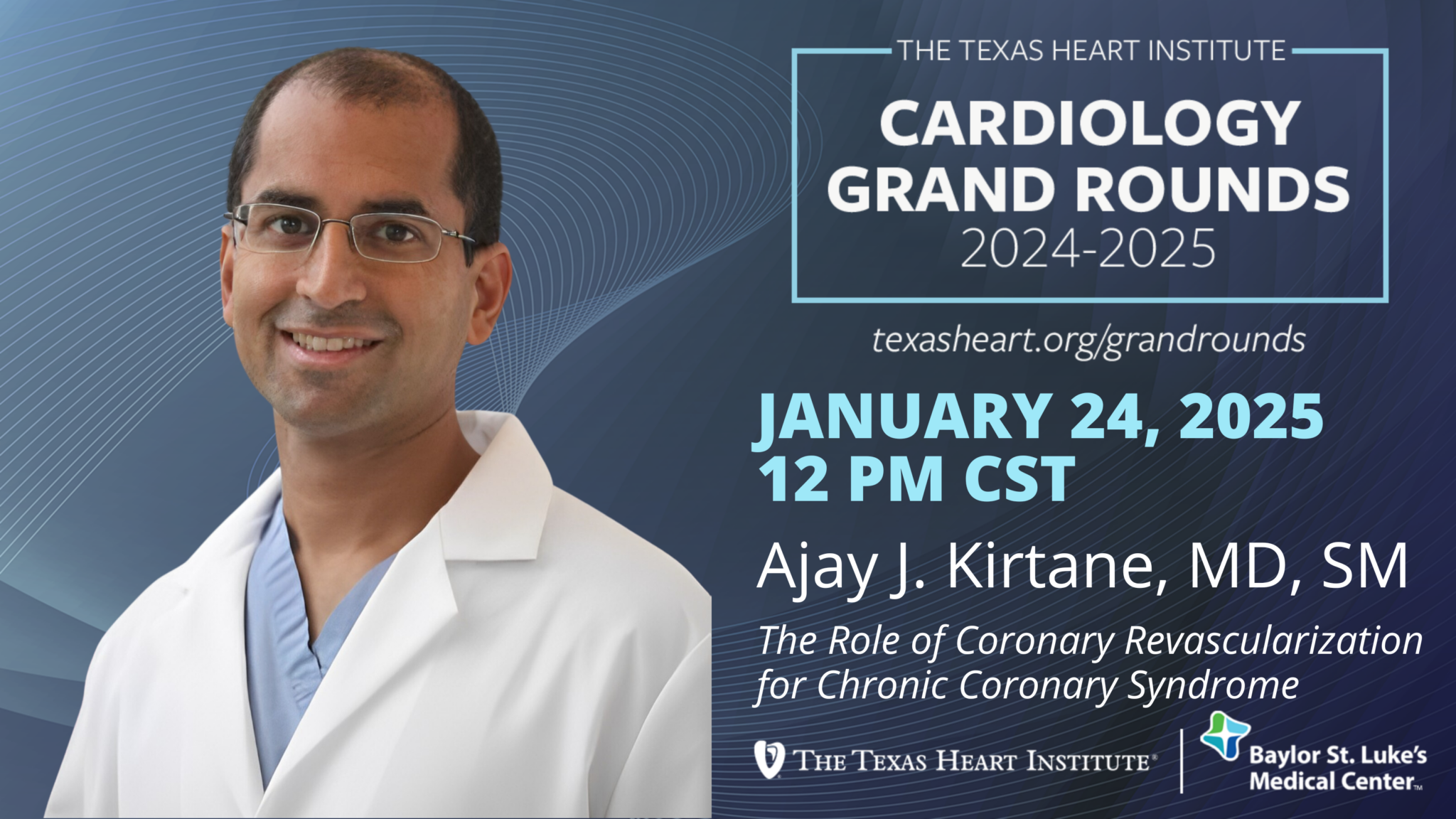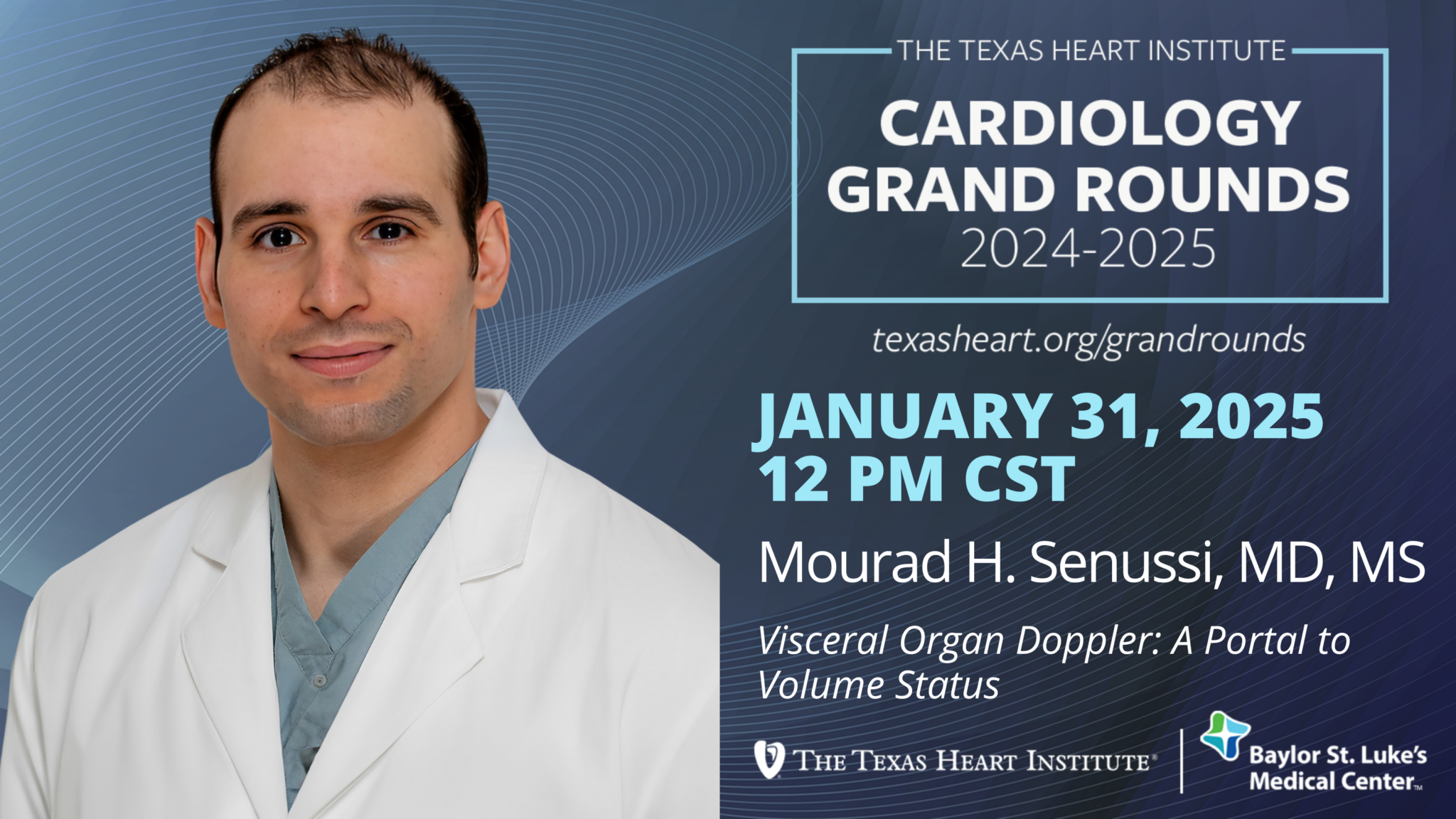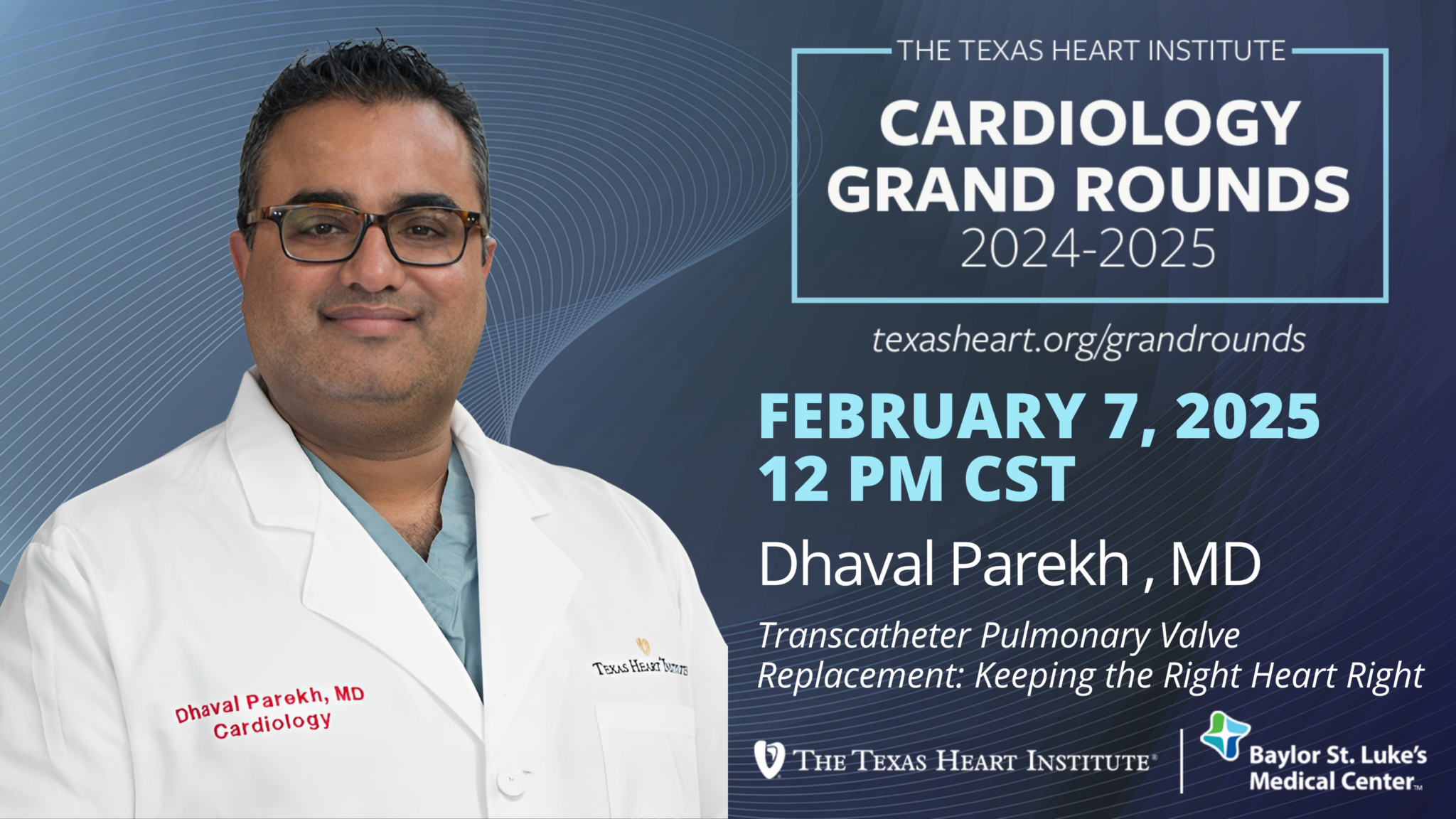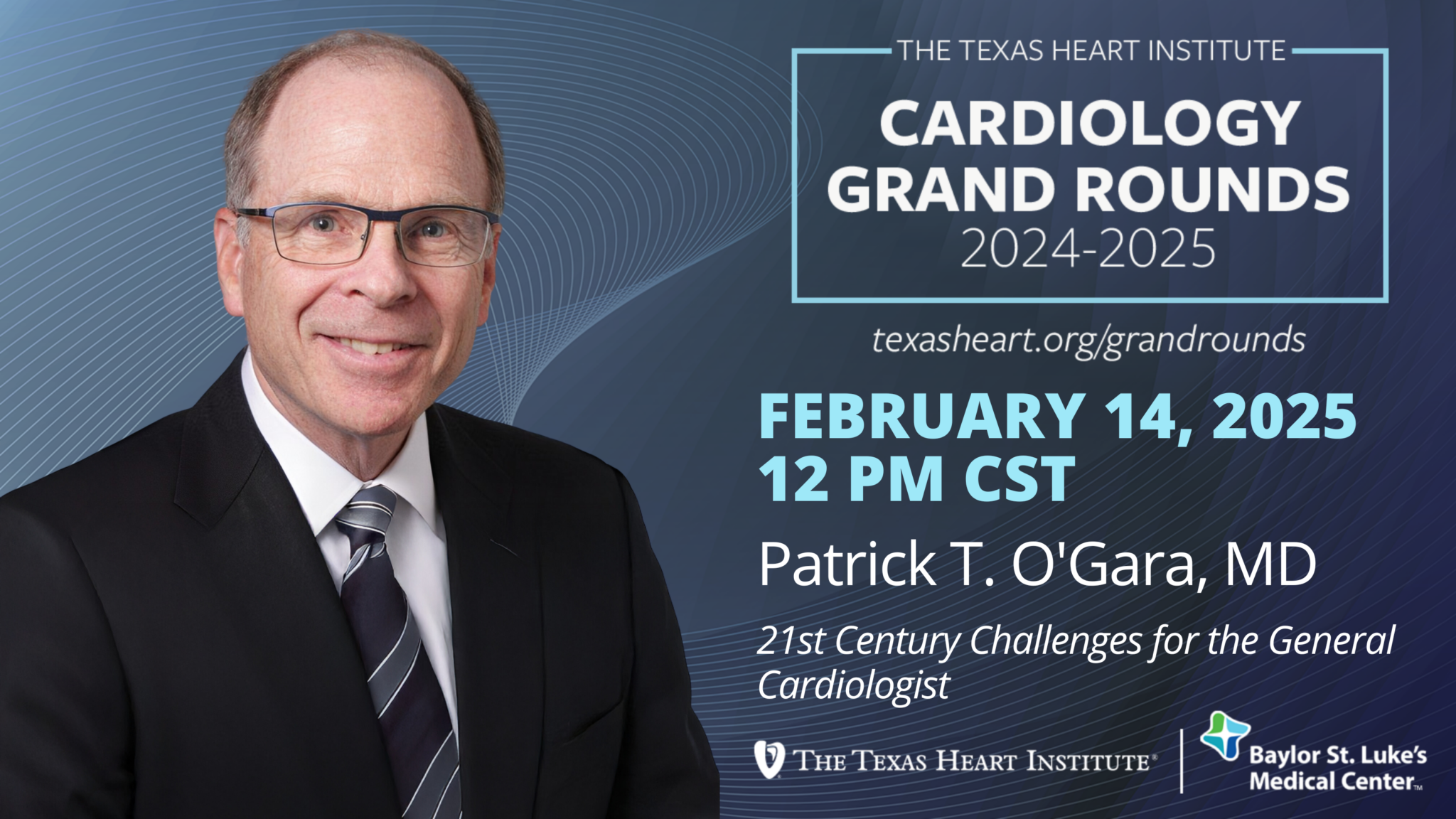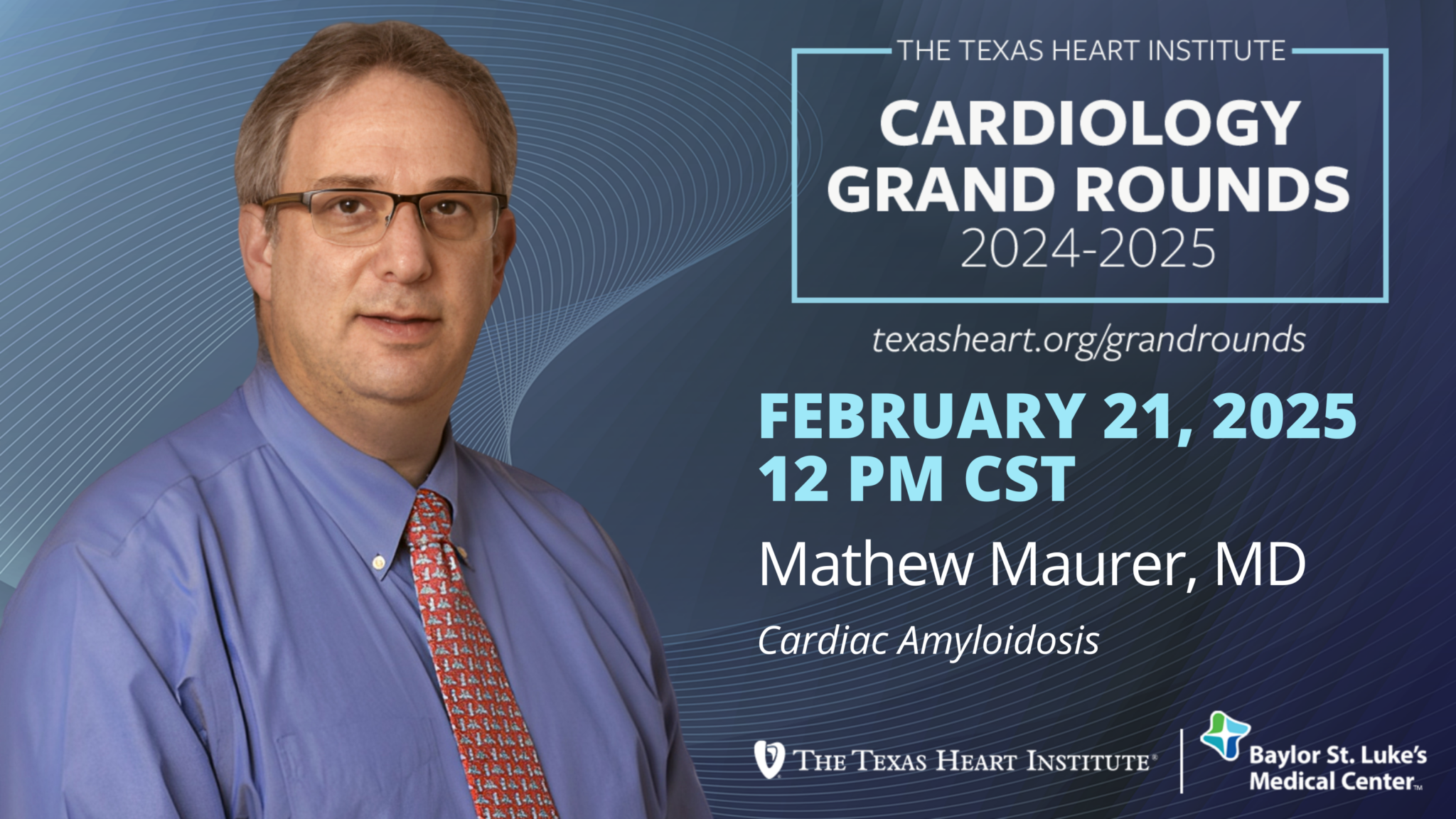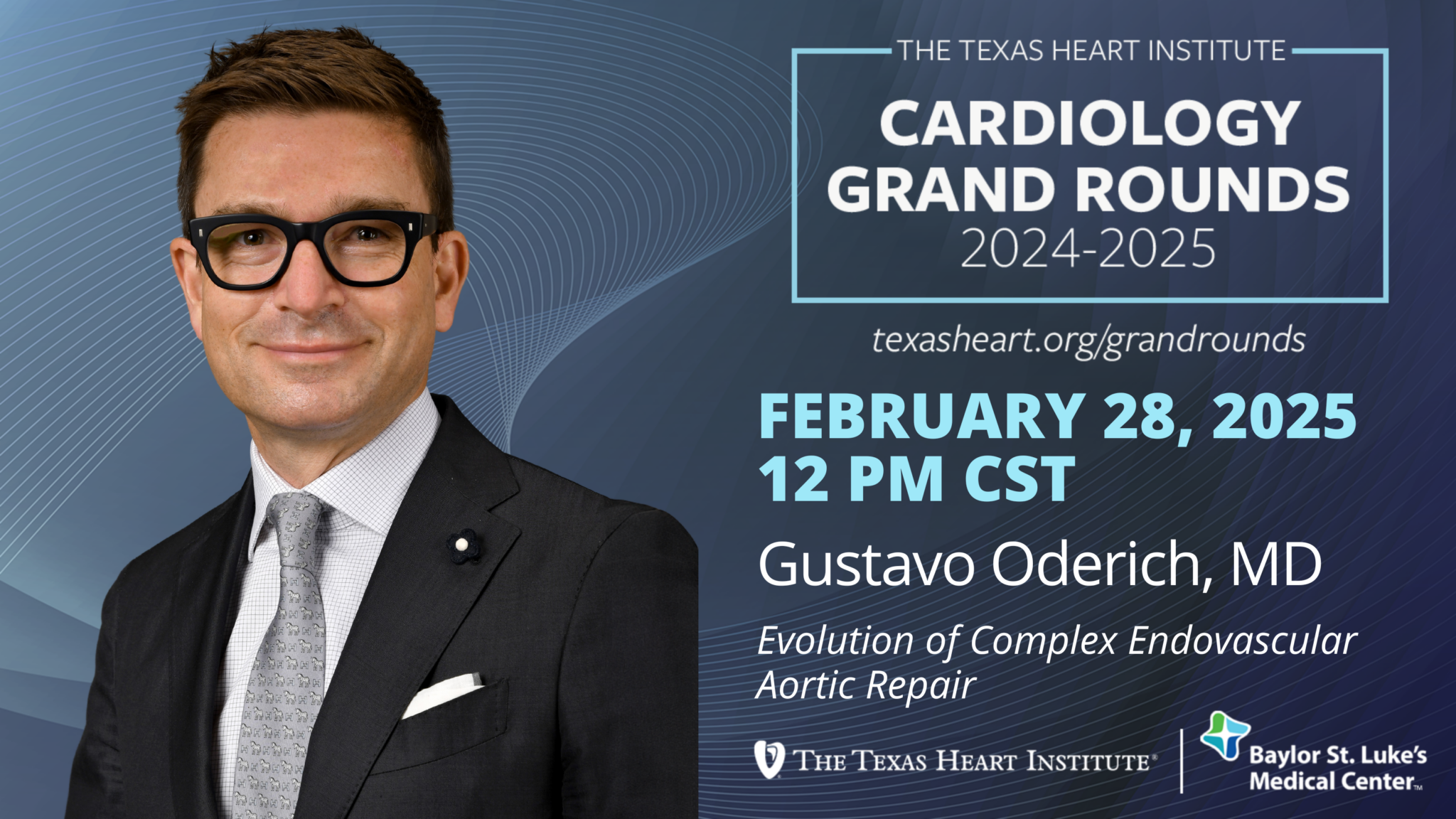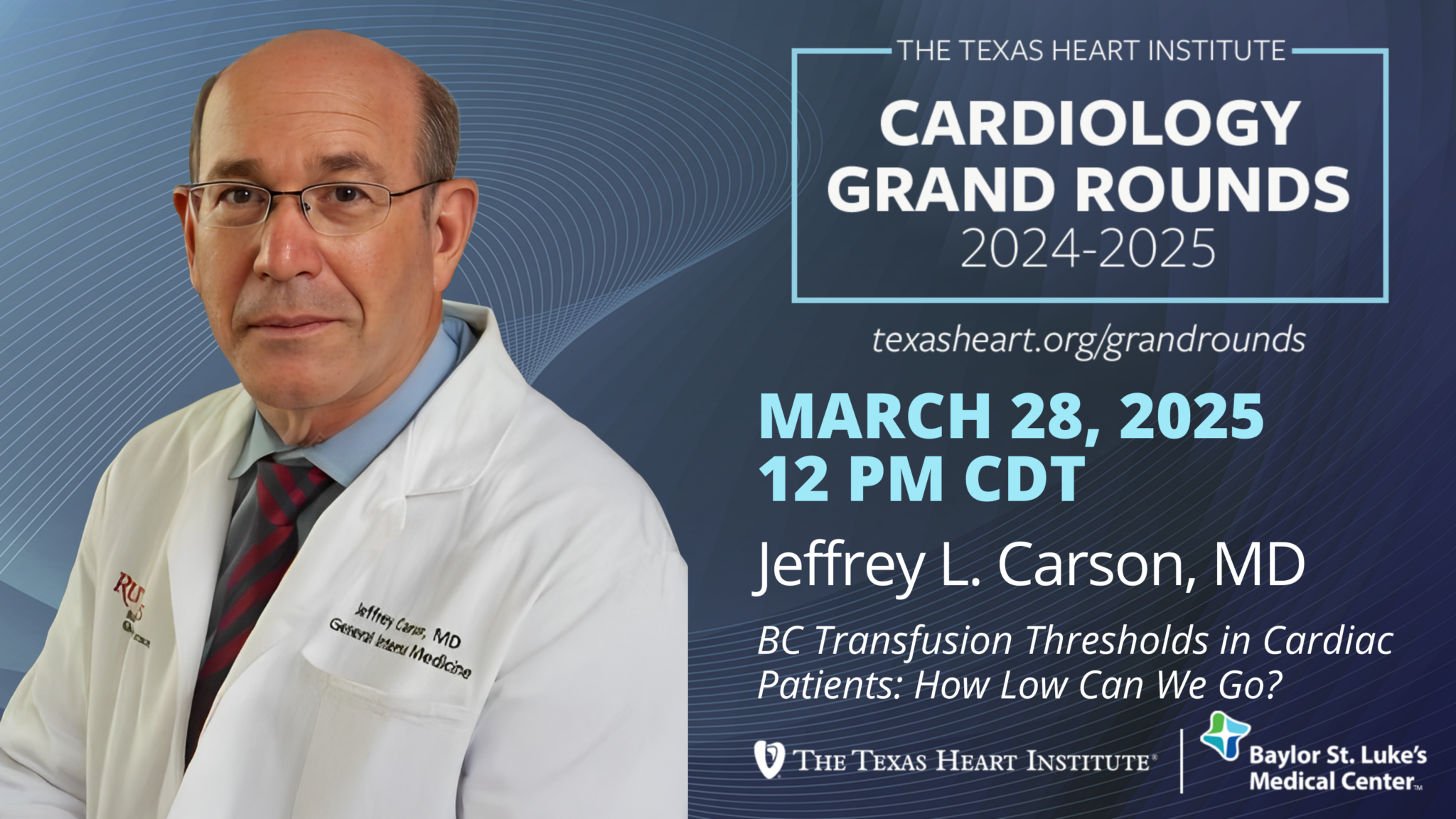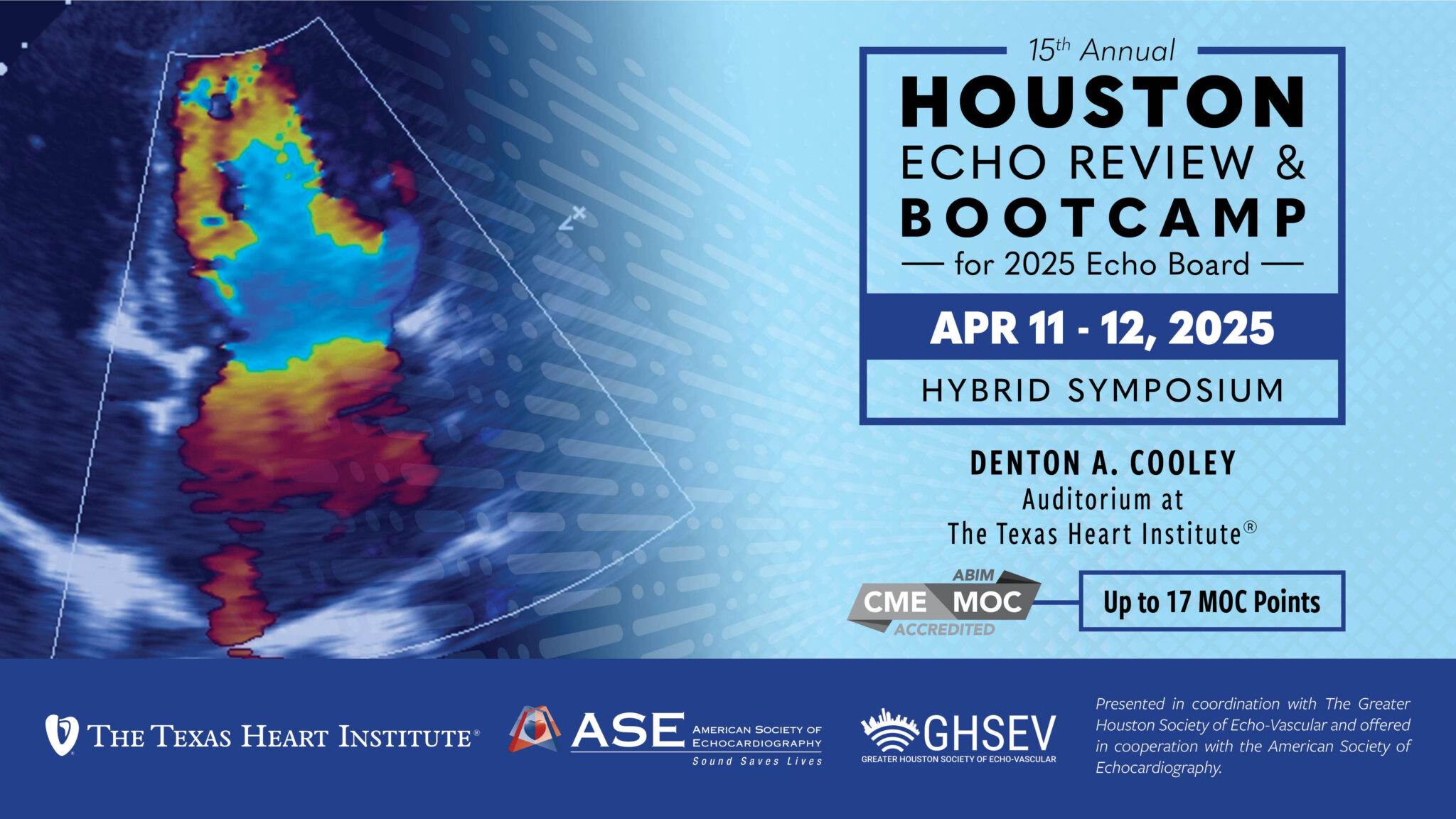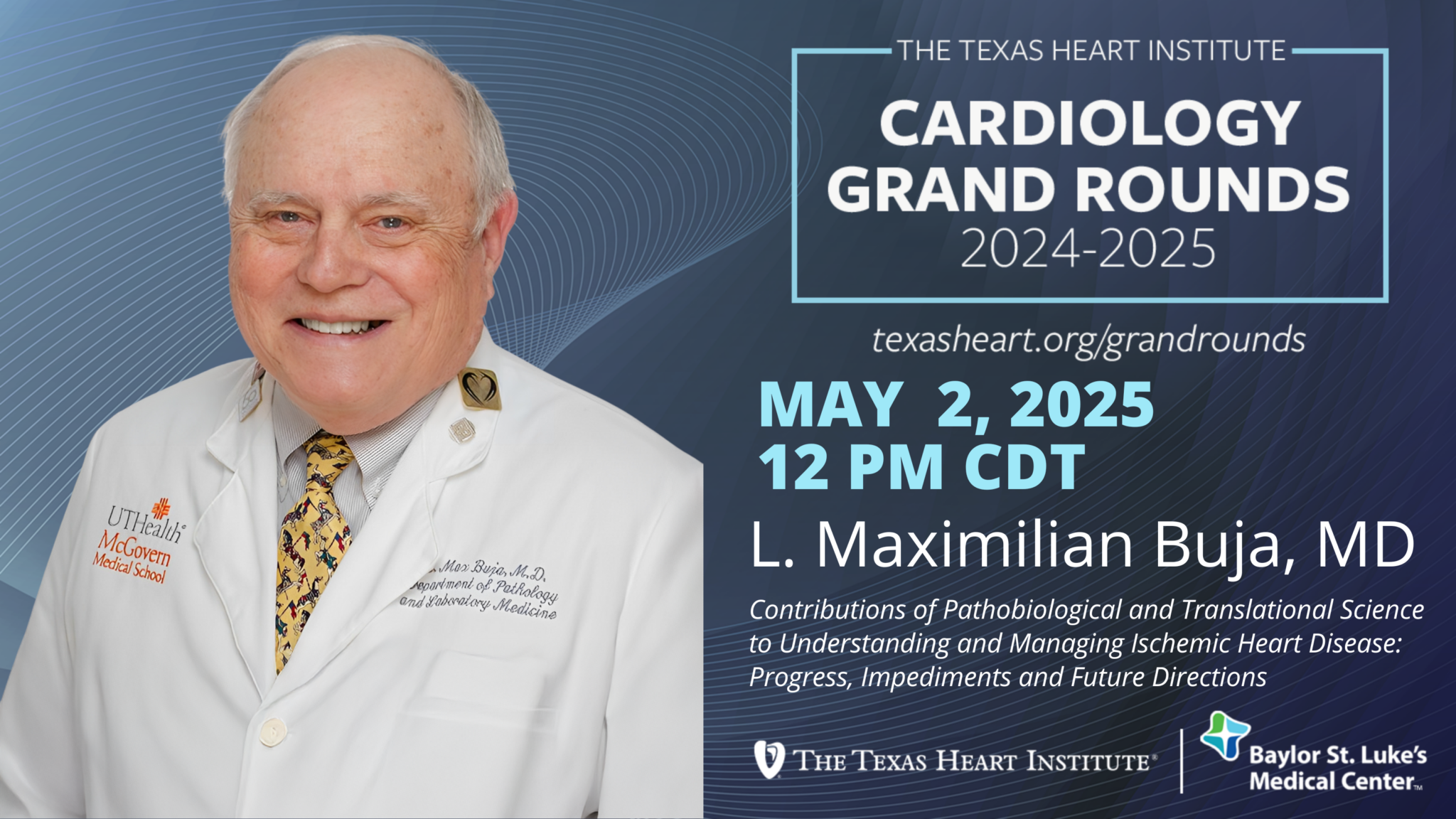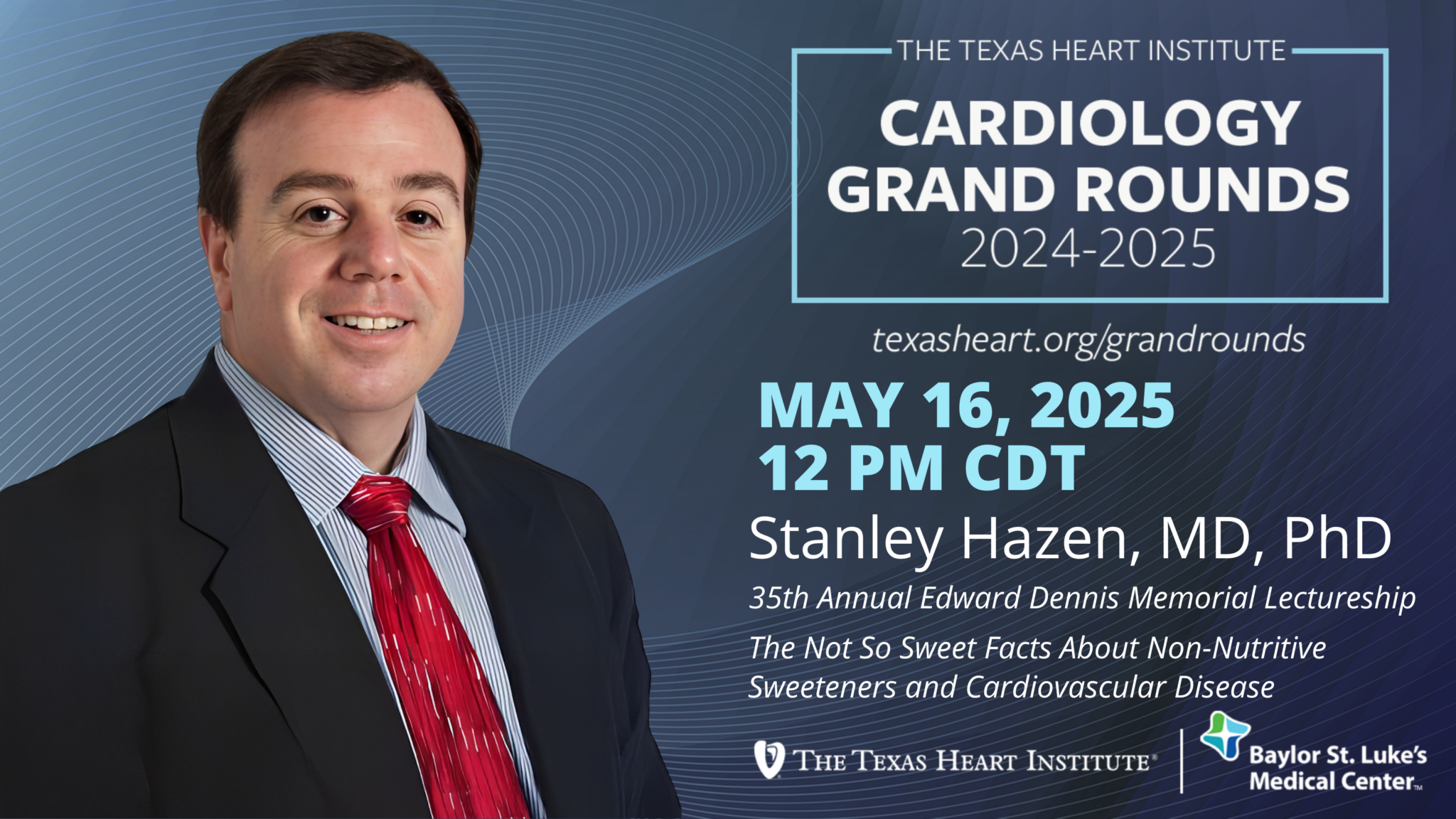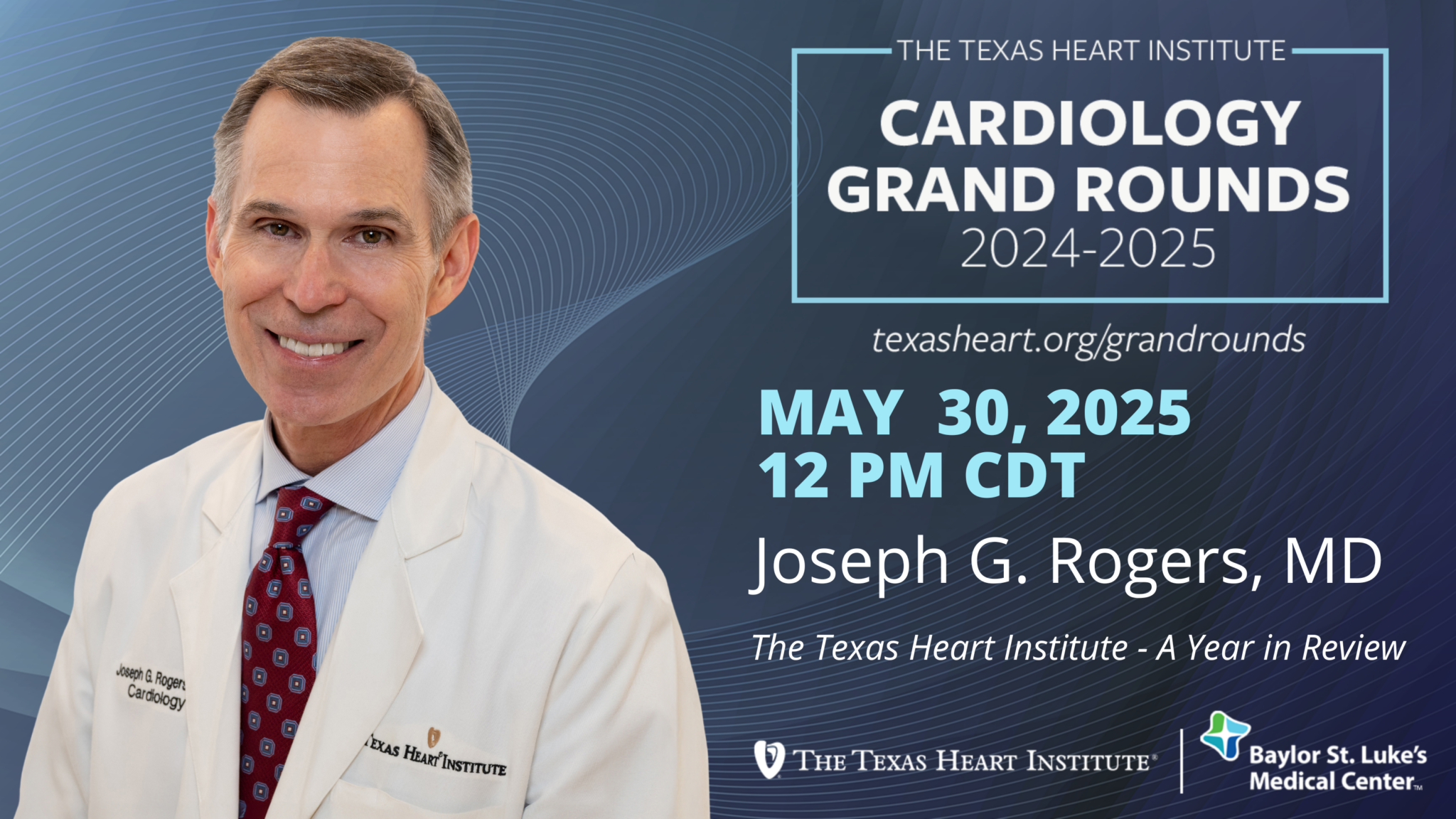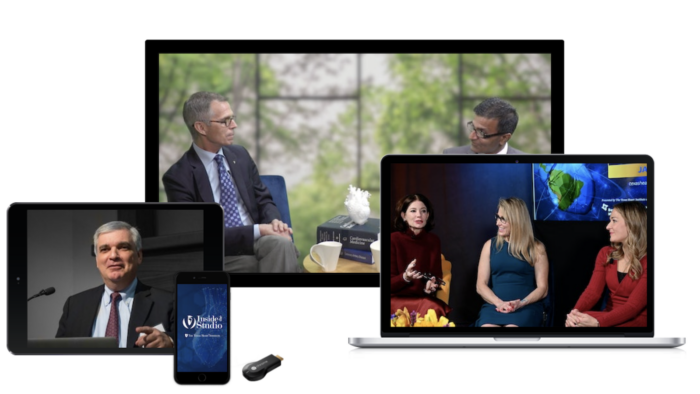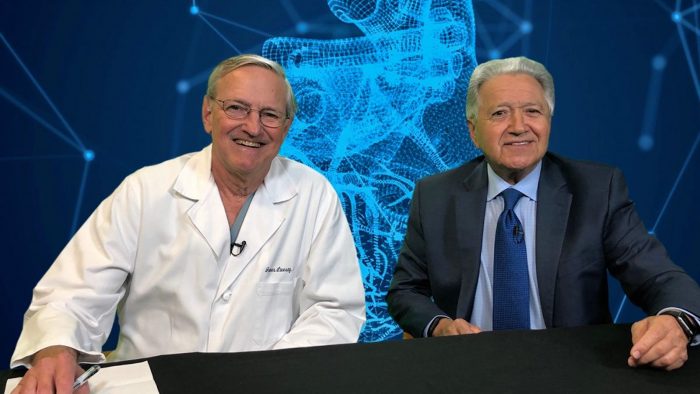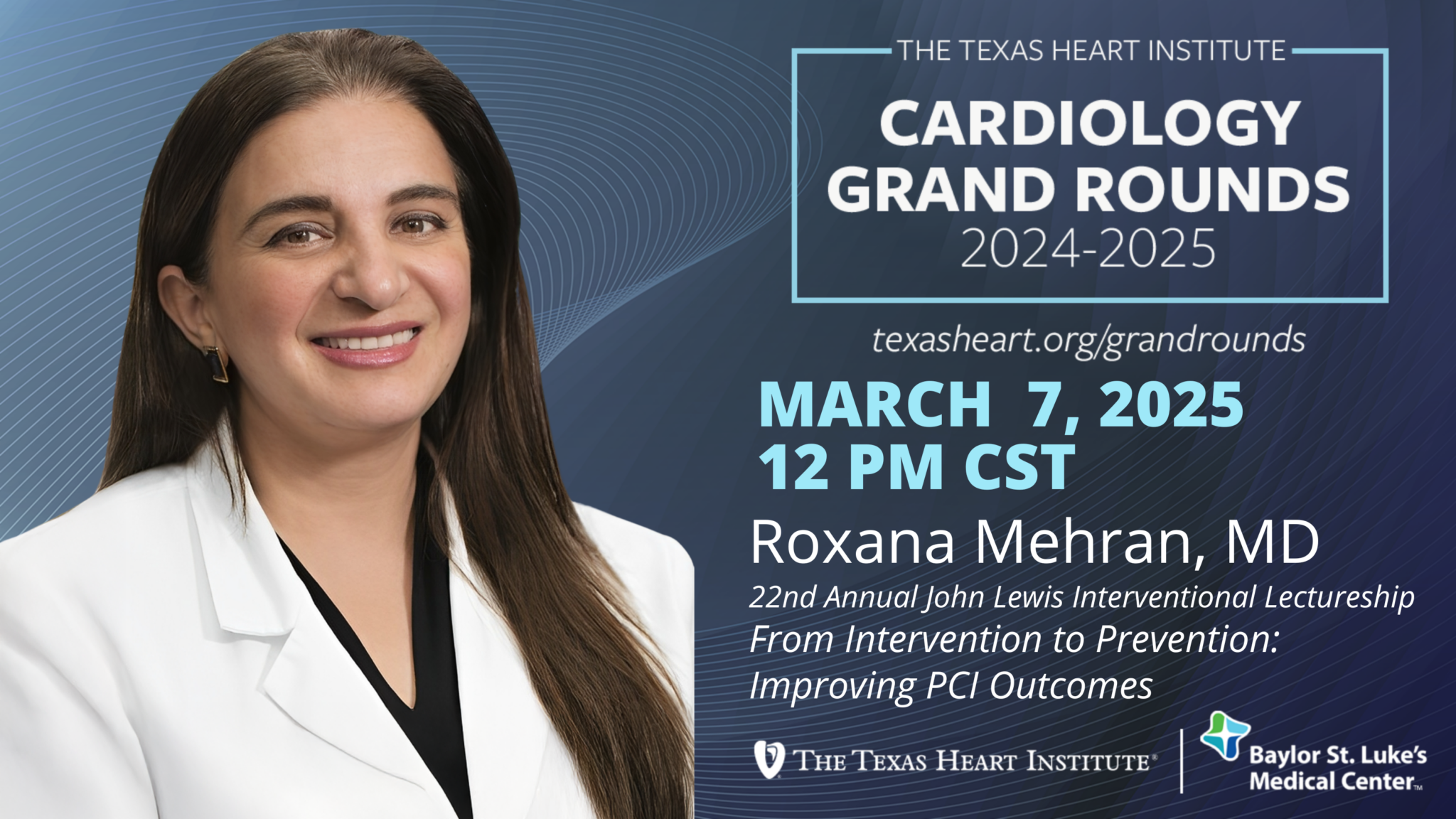
From Intervention to Prevention: Improving PCI Outcomes
Roxana Mehran, MD, FACC, FACP, FCCP, FESC, FAHA, FSCAI
Professor of Medicine, Cardiology and Population Health Science and Policy
Mount Sinai Endowed Professor in Cardiovascular Clinical Research and Outcomes
Director, Interventional Cardiovascular Research and Clinical Trials
Zena and Michael A. Wiener Cardiovascular Institute
Director, Women’s Heart and Vascular Center at Mount Sinai Fuster Heart
Icahn School of Medicine at Mount Sinai
Mount Sinai Health System
New York, New York
Overview:
Dr. Roxana Mehran will explore strategies to optimize coronary artery disease (CAD) management by integrating advanced technologies, pharmacological therapies, and risk stratification approaches. The lecture highlights the role of cutting-edge techniques to refine percutaneous coronary intervention (PCI), discusses the importance of cardiometabolic and anti-inflammatory therapies in cardiovascular prevention and examines the latest evidence on risk stratification. The ultimate goal is to bridge the gap between intervention and prevention, ensuring improved long-term outcomes for CAD patients.
Objectives:
At the conclusion of the activity a participant should be able to:
- Identify the role of new technologies, including advanced imaging modalities, in enhancing procedural precision, assessing lesion characteristics, and guiding PCI to improve outcomes.
- Explore the impact of cardiometabolic drugs and inflammation-targeting therapies in reducing cardiovascular risk and improving long-term outcomes for CAD patients.
- Review strategies to tailor antithrombotic regimens based on patient-specific risk profiles to achieve an optimal balance between minimizing bleeding complications and preventing thrombotic events.
Disclosures:
Roxana Mehran, MD, has received grants from Janssen, Novartis and Novo Nordisk.
The Planning Committee has nothing to disclose relevant to this program.
The Texas Heart Institute CME Staff has nothing to disclose relevant to this program.
The Program Reviewers have nothing to disclose relevant to this program.
All relevant financial relationships have been mitigated.
Accreditation
The Texas Heart Institute is accredited by the Accreditation Council for Continuing Medical Education (ACCME) to provide continuing medical education for physicians.
Credit Designation
The Texas Heart Institute designates this live activity for a maximum of 1.00 AMA PRA Category 1 CreditsTM. Physicians should only claim credit commensurate with the extent of their participation in the activity.
ABIM MOC Credit
Successful completion of this CME activity, which includes participation in the evaluation component, enables the participant to earn up to 1.00 Medical Knowledge MOC points in the American Board of Internal Medicine’s (ABIM) Maintenance of Certification (MOC) program. Participants will earn MOC points equivalent to the amount of CME credits claimed for the activity. It is the CME activity provider’s responsibility to submit participant completion information to ACCME for the purpose of granting ABIM MOC credit. Successful completion is a passing grade of 70% on the assessment in the CME evaluation.
CME credits & MOC points must be claimed within 24 hours after a live conference.



